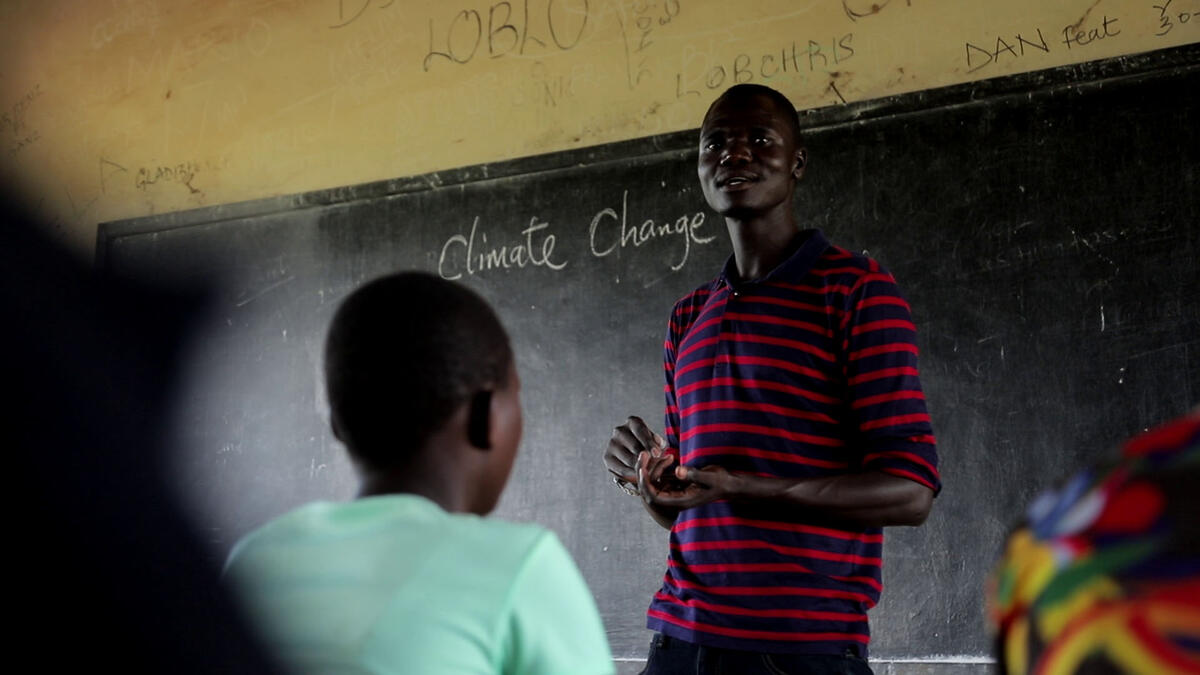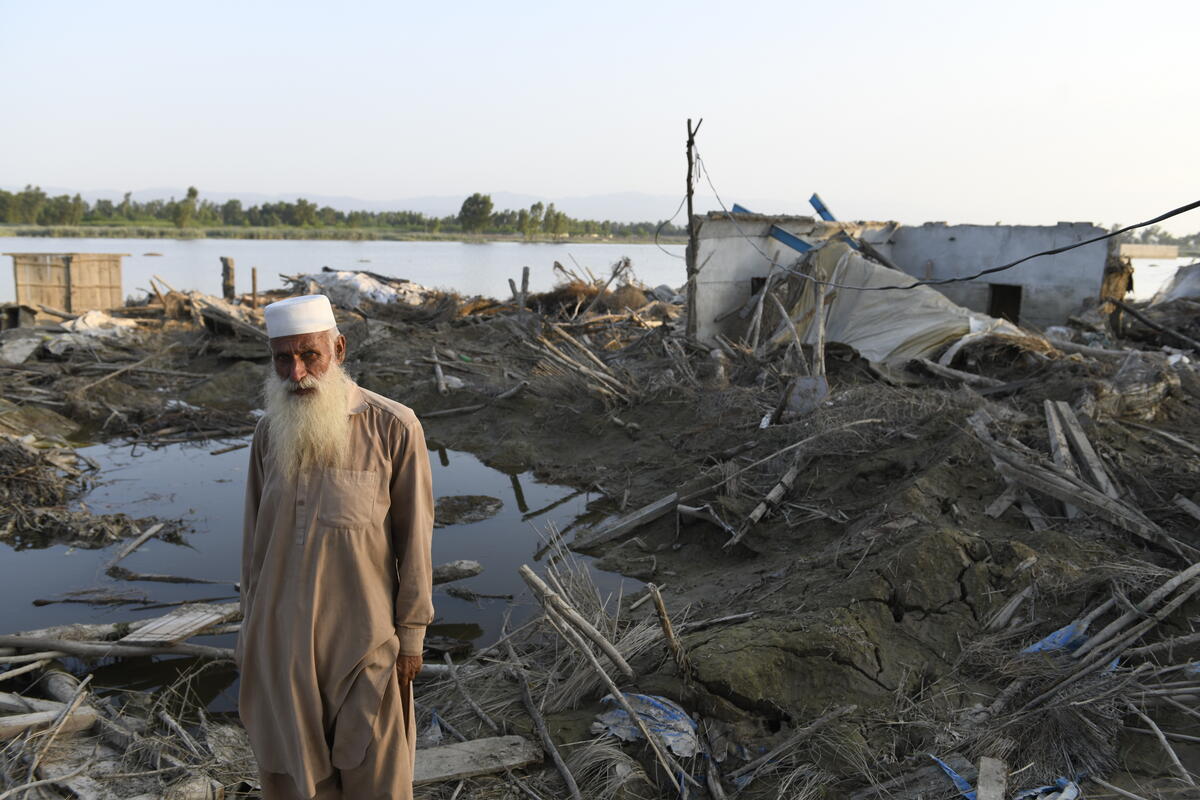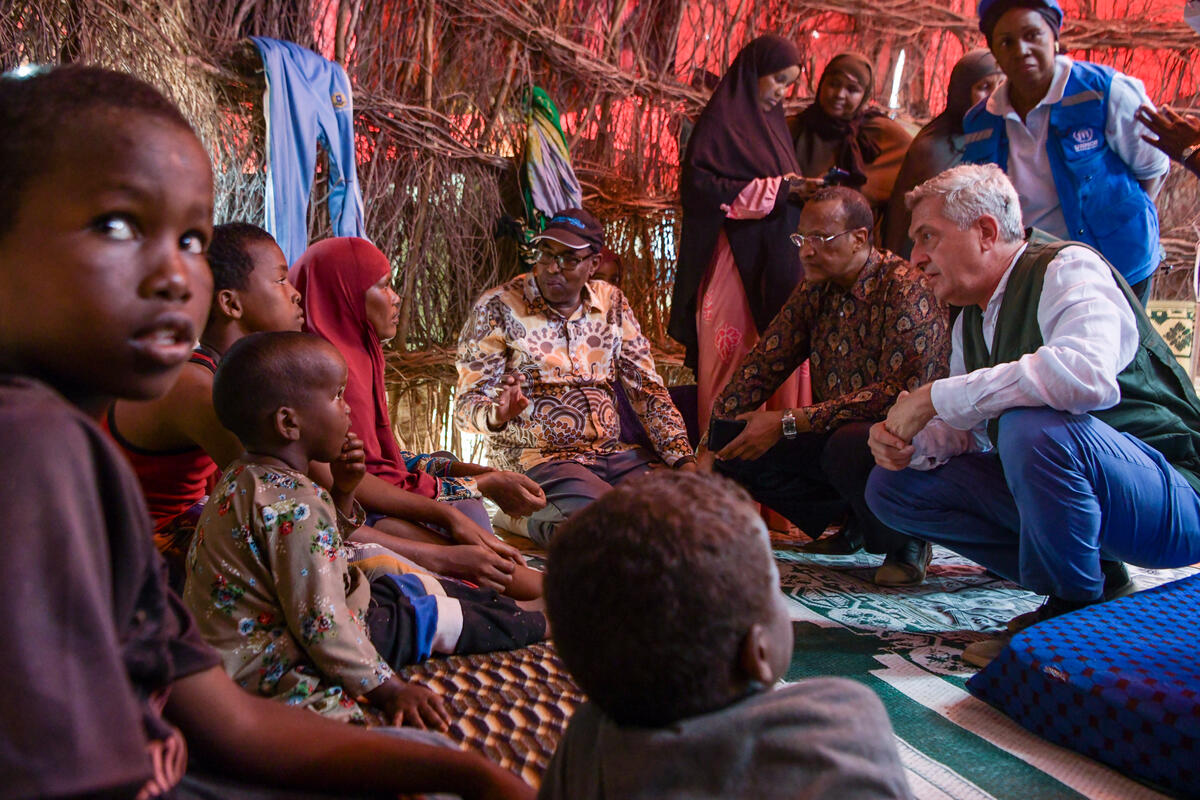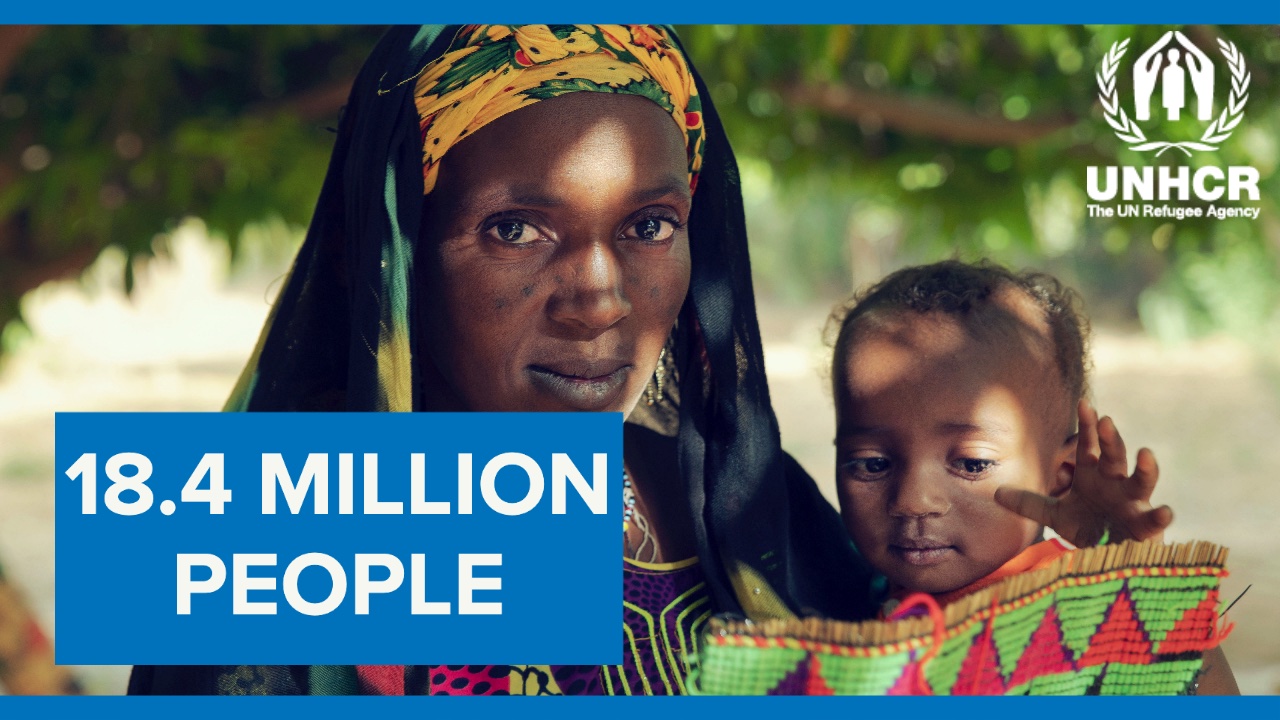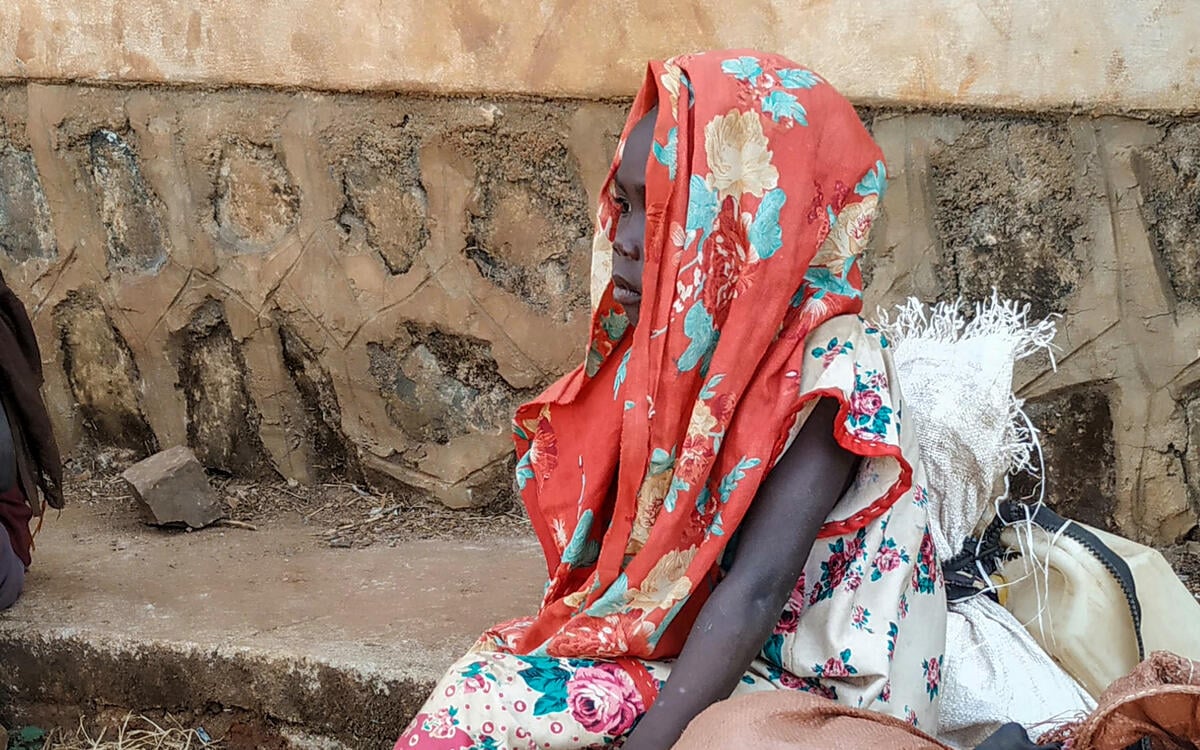Afghanistan at the crossroads: Kabul conference pledges support for sustainable return
Afghanistan at the crossroads: Kabul conference pledges support for sustainable return

KABUL, Afghanistan, November 19 (UNHCR) - The Afghan government and the UN refugee agency today pledged to strengthen efforts for returnees and displaced people within the Afghanistan National Development Strategy.
"The story of Afghanistan's return process marks one of the largest and most successful voluntary repatriation programmes in recent decades," said Afghan Foreign Minister Rangin Dadfar Spanta at the opening of the International Conference on Return and Reintegration of Afghan Refugees on Wednesday in Kabul.
"Return, alone, does not mean success. It must be followed by successful reintegration, enabled by conditions conducive for the social and economic wellbeing of refugees," he added. "Greater efforts are needed to ensure returnees with basic services, such as access to land, water, shelter, general education, health care and electricity. In addition, the importance of facilitating job opportunities so that returnees become self-sufficient cannot be overstated."
More than 5 million Afghan refugees - 20 percent of Afghanistan's population - have returned home since 2002. The large majority have gone back to their areas of origin, but recent returnees are facing more difficulties as the country's absorption capacity reaches its current limits.
Some - including 30,000 returnees now living under tents in the eastern region - are unable to return to their villages due to insecurity, a lack of land, shelter, basic services or job opportunities. These challenges have been compounded by a food crisis and severe drought, forcing thousands of desperate families to leave their homes for other districts, even for neighbouring Iran and Pakistan.
The conference co-chair, UN High Commissioner for Refugees António Guterres, joined the Afghan government in thanking Iran and Pakistan for hosting millions of Afghan refugees in the last 30 years.
"We will continue to work closely with our counterparts in the three countries to ensure that return takes place in safety and dignity," he said. "The right to choose freely, in an informed manner, is the best and most practical guarantee of sustainable return. After all, transforming settled refugees in one country into displaced persons in their homeland is surely in no one's interest."
During the conference, the Afghan Ministry of Refugees and Repatriation presented a costing paper on the Sector Strategy for Refugees, Returnees and Internally Displaced Persons (IDPs) in the framework of the Afghanistan National Development Strategy (ANDS). The costing paper is based on three possible scenarios over the period 2009-2013, with projected returns ranging from 400,000 to 1 million people depending on the situation in Afghanistan and the neighbouring countries.
It highlights the need to strengthen programmes to help returnees reintegrate over the next five years in the sectors of land, shelter, water, sanitation, education, health care and livelihoods, with total costs of more than US$509 million.
"The Sector Strategy on Refugees, Returnees and IDPs remains the most effective blueprint for sustainable return. Its success will require the sustained support of the international community," said Afghan Foreign Minister Spanta.
At the same time, he added, the government "will work to increase our absorption capacity and better plan to manage and assist sustainable reintegration. We have also prioritized improving capacity in relevant ministries dealing with repatriation, fostering greater inter-ministerial coordination and mobilizing additional resources."
High Commissioner Guterres said, "Ensuring sustainable refugee return and addressing irregular migration have at least one solution in common - an improvement in the overall economic environment and in employment opportunities. Progress in these areas will surely encourage more Afghans to return and provide reasons for others not to leave the country."
Participants of the one-day conference included the Afghan ministers of refugees and repatriation, finance, economy, education, interior, agriculture and public health.
Also in attendance were Iran's Deputy Interior Minister Abbas Mohtaj; Pakistan's Minister for States and Frontier Regions Najamuddin Khan; Saudi Arabia's Deputy Finance Minister Mohammad Abdul Rahman Al Muqiteb; and United States Under Secretary of State for Global Affairs Paula Dobriansky.

